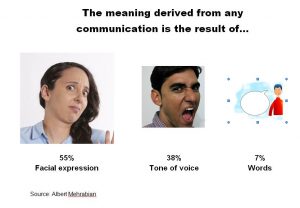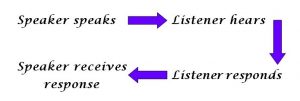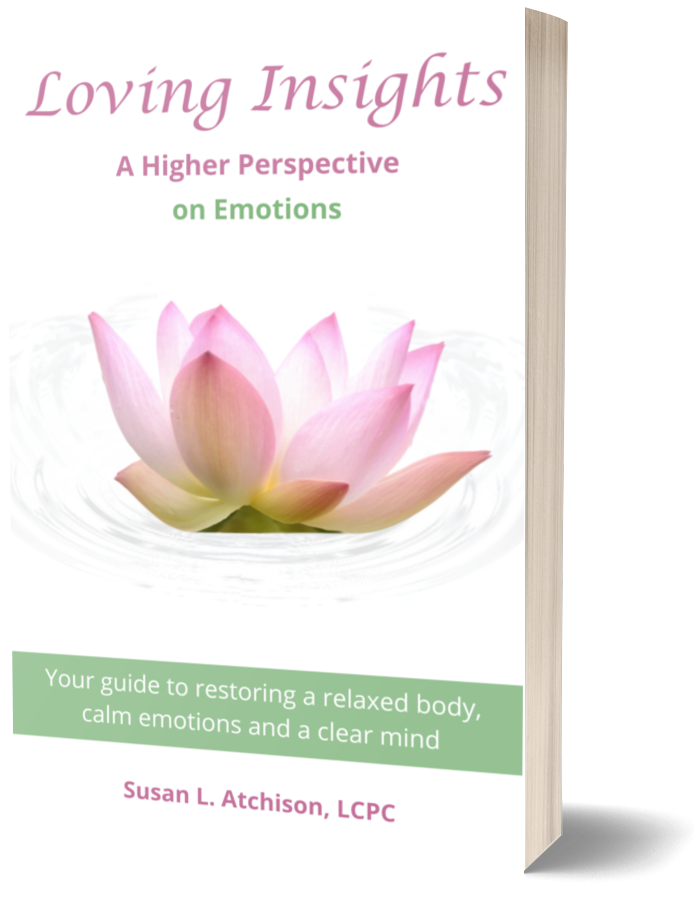Listening speaks louder than talking.
We achieve our goals through relationships, and …
Relationships are based on listening.

How do you feel when someone talks without listening? Do you feel like they are not so much talking with you as they are talking AT you? I once heard this referred to as the Wall of Words. This is an apt description, because it almost literally builds a wall between you.
Or what does it feel like to talk with someone who pretends to listen? You know, when he or she pauses to let you speak, but you can tell that they are really using that time to compose their next response – which they jump in with almost before you are finished.
Now reflect on how you feel when talking with someone who asks you questions and pauses to hear your answers. Who really pauses, creating an opening in their heart space to receive what you have to say.
People don’t care how much you know until they know how much you care.
~ Theodore Roosevelt
I’m guessing that when someone listens to you like this, you would also be open to hearing what they have to say. Isn’t this how you’d like people to feel about you, too?
Powering up our Listening skills
Let’s start with the first part of that quote: “People don’t care how much you know.” Schools teach us lots of facts, theories, processes and skill sets. So if we paid attention, we graduate knowing a lot of things. But schools generally don’t teach us to listen, or at least not to listen for more than absorbing information. So now we turn our attention to the “how much you care” part.
When we listen with our heart, we are taking in more than words. We are paying attention to the speaker’s voice tone, inflection, facial expressions and gestures.
In fact, these elements carry most of the message. One study estimated that:

Let’s have some fun with this: say the word, “Oh” giving it as many different meanings as you can by HOW you say it. Feel free to gesture and use your facial expressions, too. How many can you think of? The students in my Listening classes love this exercise.
How do you know that someone is listening to you? How does someone know that you are listening to them?
Like the tree that falls in an empty forest, if a person says something and no one responds, did anyone hear them?
Communication is a two-way process.

We let people know that we heard and understood them by our responses. That can be as simple as nodding our head, or as elaborate as debating philosophy. As with most things in life, some ways are more effective than others. Here are 3 easy ways to convey that you are listening.
Effective Listening in 3 Easy Steps
We can power up our listening skills by using the ABCs of listening responses:
- Acknowledge what was said: “So you decided to ask to speak to the manager.”
- Be interested: “I am intrigued by how you did this! Tell me more.”
- Care about what was said: “What was important about doing it that way?”
Pro Tip: WHY you should not use the word WHY
One of the best tips that I ever learned was to avoid the word, “Why,” as in, “Why did you do that?” The word ‘Why’ can sound challenging and even shaming. Think about a child who wanted to pour the milk themselves, but instead spilled it. If the – probably tired and exasperated – parent responds by saying, “Why did you do that?!” the child hears that s/he did something wrong. We may be in grown up bodies but we often hear things the same way that we did as children. ‘Why’ puts us on the defensive.
Instead, the phrase, “What was important about doing it that way?” – said with genuine interest, can help you to really understand the other person better.
Be a Listening Ninja!
When you really listen to people, they feel heard – a rare commodity in this world. They remember you, and want to stay connected with you. Because listening is not a reaction – it is a CONNECTION. Good listening makes good connections, both in your personal and your professional lives.
What you can do right now
Take your listening skills to the next level by downloading this easy to use list of
18 Helpful Hints for Active Listening. Better listening skills help in personal relationships, they improve internal company efficiencies and can expand your sales.
And remember, when you need someone to listen to you, reach out to me at susanatchison@gmail.com – my joy in life is to listen deeply, so you feel heard.
I also love to give one hour talks, teach half-day classes or lead full-day workshops on listening skills. Call me at 847-370-5181 to schedule one.
Check out my bio below for more.
Susan L. Atchison is a Teacher of Peace, who brings peace to groups through classes, talks and workshops as well as to individuals through counseling, holistic healing and intuitive work.
She has over twenty years of experience as a Licensed Clinical Professional Counselor (LCPC), Reiki Master Teacher, Certified Aromatherapist, holistic healer and intuitive. She specializes in releasing deep, difficult, or stuck issues through holistic processes for body, mind and spiritual healing. Susan will help you to feel deeply listened to and understood and to gently yet effectively get to the heart of issues and release them, so that you can restore a relaxed body, calm emotions and clear mind.
Learn more at https://SusanAtchison.com
Susan weaves her intuitive gifts throughout all of her work, and recently published Loving Insights: A Higher Perspective on Emotions – Your Guide to Restoring a Relaxed Body, Calm Emotions and Clear Mind, which offers a new perspective on 44 different emotions. You can buy one or all 44 at https://LovingInsights.com. You also can request your own Loving Insights intuitive message or a Sharing Session (in which you can ask questions and receive wisdom and guidance from the Higher Realms) there also.
I look forward to hearing from you!
